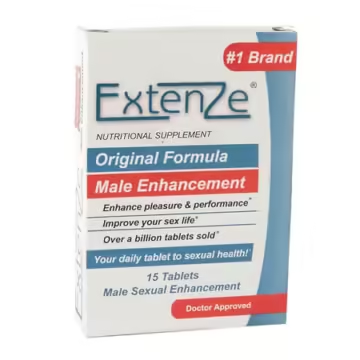- You have no items in your shopping cart
- Continue Shopping

Does Vyvanse At 50Mg Or Higher Cause Constipation In Adults, Vyvanse (lisdexamfetamine) is a medication commonly prescribed to treat Attention-Deficit/Hyperactivity Disorder (ADHD) and binge eating disorder. As with any medication, it comes with a range of potential side effects, which can vary in severity depending on dosage, individual health factors, and duration of use. One question that frequently arises is whether Vyvanse, especially at higher doses like 50mg or more, can cause constipation in adults.
Understanding Vyvanse
Vyvanse is a stimulant medication that works by increasing the levels of certain neurotransmitters, particularly dopamine and norepinephrine, in the brain. This helps improve focus, attention, and impulse control in individuals with ADHD. For adults with ADHD, Vyvanse is often prescribed at doses ranging from 30mg to 70mg per day, with 50mg being a common starting or maintenance dose.
Common Side Effects of Vyvanse
Vyvanse, like all medications, carries a list of potential side effects. Some of the most common side effects include:
- Insomnia
- Dry mouth
- Loss of appetite
- Increased heart rate
- Anxiety
- Weight loss
While these are often temporary and may subside as the body adjusts to the medication, some individuals may experience more persistent side effects.
Constipation and Vyvanse: Is There a Link?
Constipation is not listed as one of the most common side effects of Vyvanse, but it has been reported by some individuals, particularly at higher doses like 50mg or more. Stimulant medications, including Vyvanse, can affect the gastrointestinal system in various ways. Some possible mechanisms through which Vyvanse may contribute to constipation include:
- Decreased Appetite: Vyvanse often causes a reduction in appetite, which can lead to less food intake. Since fiber-rich foods play a crucial role in maintaining bowel regularity, a reduced diet can potentially lead to constipation.
- Dehydration: Vyvanse may cause dry mouth and increased thirst, which can lead to dehydration if individuals don’t compensate by drinking enough fluids. Dehydration is a common cause of constipation, as it affects the colon’s ability to absorb water from waste.
- Altered Gastrointestinal Motility: Stimulants like Vyvanse can affect how the muscles in the digestive tract contract, potentially slowing down the movement of stool through the intestines. This could contribute to constipation, especially in individuals who are sensitive to the medication.
- Medications and Other Factors: Vyvanse is often prescribed alongside other medications to manage ADHD or related conditions, and some of these medications, such as certain antidepressants or antipsychotics, can also contribute to constipation.
Does the Dose Matter?
The likelihood of experiencing constipation with Vyvanse may increase with higher doses. While 30mg to 50mg doses are generally well tolerated, some individuals taking 50mg or more may be more prone to gastrointestinal side effects, including constipation. However, it’s important to note that everyone’s body reacts differently to medications, and some people may experience side effects at lower doses, while others may not experience them at all, even at higher doses.
Managing Constipation While on Vyvanse
If you’re taking Vyvanse and experiencing constipation, there are several steps you can take to manage this side effect:
- Stay Hydrated: Ensure you’re drinking enough water throughout the day to prevent dehydration, which can exacerbate constipation.
- Increase Fiber Intake: Include more high-fiber foods in your diet, such as fruits, vegetables, and whole grains, which can help promote healthy digestion and regular bowel movements.
- Exercise Regularly: Physical activity can help stimulate bowel movements and improve gastrointestinal motility.
- Discuss Dosage Adjustments: If constipation becomes persistent or bothersome, it may be worth discussing a dose adjustment with your healthcare provider. In some cases, lowering the dosage or switching medications may help alleviate gastrointestinal side effects.
- Over-the-Counter Laxatives: In some cases, over-the-counter laxatives may provide relief, but these should only be used under the guidance of a healthcare professional to avoid dependency.
Conclusion
While Vyvanse, particularly at doses of 50mg or higher, can cause constipation in some adults, it is not a guaranteed or universal side effect. Each individual’s experience with the medication can vary, and the occurrence of constipation may depend on several factors, including dosage, diet, and individual sensitivities. If you experience persistent or severe constipation while taking Vyvanse, it’s important to consult with your healthcare provider. They can help determine the best course of action, which may include adjusting your dosage, exploring alternative medications, or implementing strategies to manage the side effect.
You Might Also Like These:




